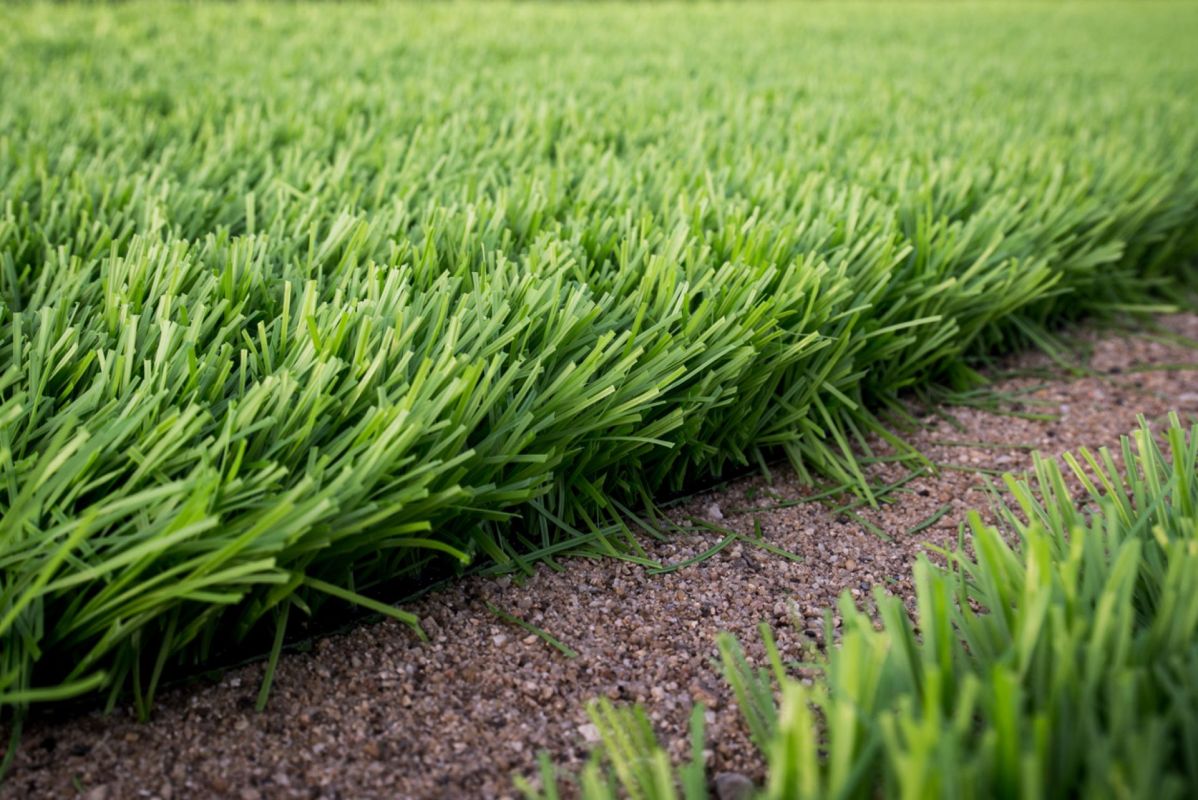Artificial turf is an alternative to grass that has gotten more popular in the last decade. It might seem like an ideal solution since it stays green and never needs to be mowed. However, some people have recently found out the severe drawbacks of artificial turf and are regretting installing it, according to The Guardian.
What's happening?
The Guardian explained that artificial turf has been around for almost 80 years, but the quality has improved sharply in the last 10 to 15, leading to an uptick in sales. During the COVID-19 pandemic, when many people were stuck at home, installers reported a record sales year.
However, demand in 2023 was almost two-thirds lower than in 2021, per the Guardian. Many people are even removing the plastic grass after getting to experience it firsthand.
Why is artificial turf getting less popular?
Since artificial turf doesn't grow, many homeowners hoped it would be low-maintenance. However, rather than needing to be mowed, this grass alternative needs to be vacuumed, the Guardian reported. This maintenance has to be performed frequently to remove leaves and debris that would break down and become part of the soil if they landed on normal grass.
"That's a chore I hadn't reckoned with," the Guardian's "pass notes" series said about it.
At the same time, while artificial turf may look inviting, it can actually burn your feet in hot weather, the Guardian explained. Real grass helps cool the area down. Also, water tends to pool on top of artificial turf — and so can urine, creating a smell that lingers long-term.
The drawbacks of artificial turf are so severe that it can lower property values by up to 5%, the Guardian revealed. This is in spite of the fact that it's actually more expensive to install than grass.
Meanwhile, in the sports world, the NFL Players Association shared data in April 2023 that suggests artificial turf causes more injuries than natural grass.
What alternatives can I choose?
If you don't want an artificial lawn, but you also don't want the expense and maintenance of traditional grass, native plants are an excellent alternative. An experienced rewilding company like Yardzen can help you choose the right combination for your area and your lifestyle.
Native plants have had thousands of years to adapt to the climate in their natural habitat, so they don't need much irrigation or care to be healthy. This helps save homeowners time and cuts down on their water bills. Native plants are also helpful for feeding and sheltering pollinators — making them good for owners and the environment.
Join our free newsletter for easy tips to save more, waste less, and help yourself while helping the planet.









